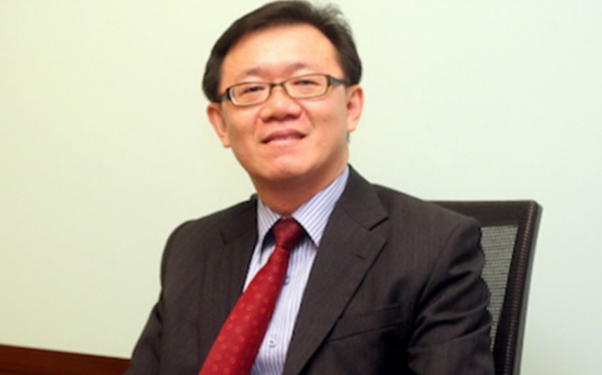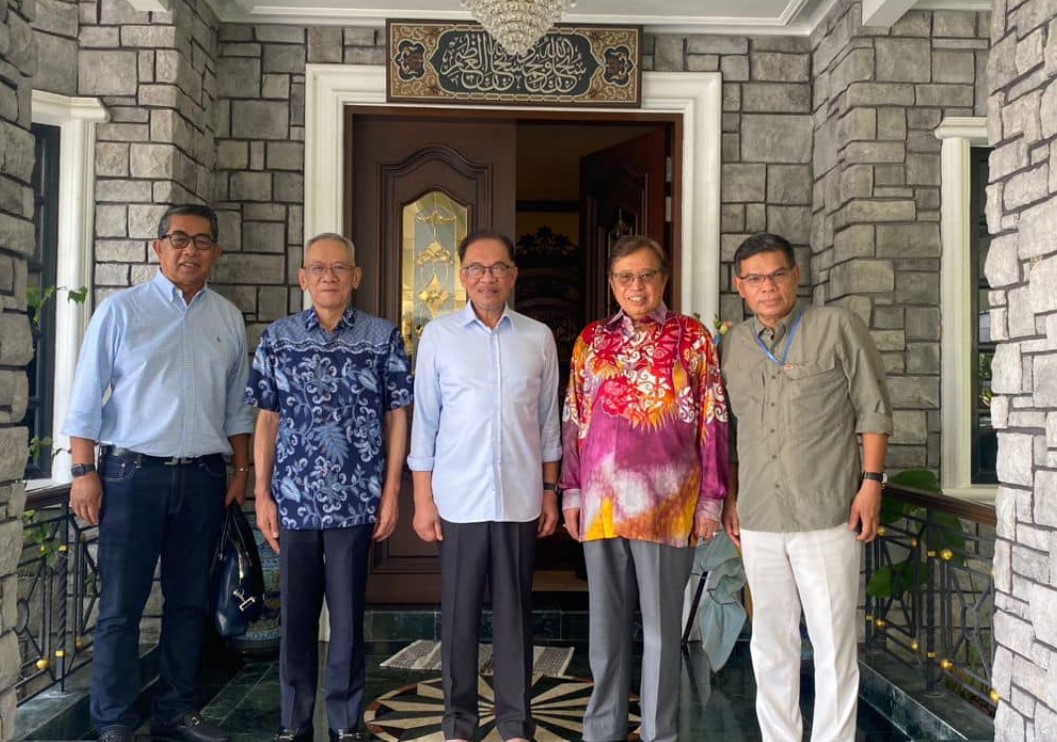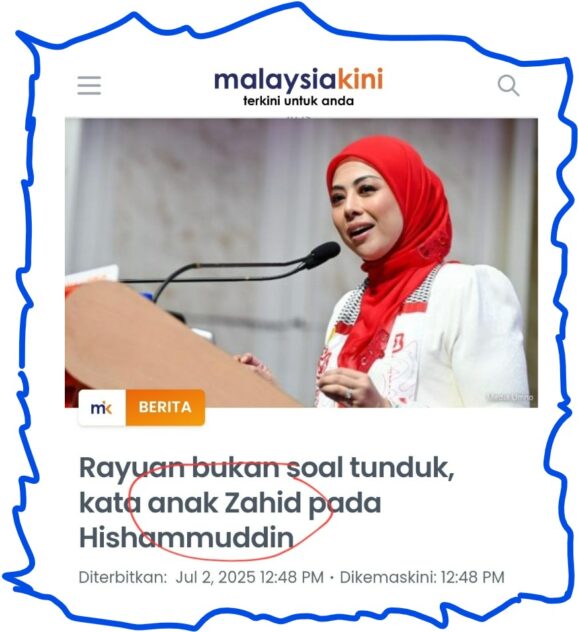FOLLOWING the formation of a unity government, the time has come for all Malaysians to unite; political partisan divides to close rank; and make compromises towards working together to maintain an environment of stable and good governance by implementing credible economic management to ‘Building Back Better’ Malaysia.
Malaysia must continue to maintain and enhance its position in the region as a plural and liberal democracy as well as an open economy. The new Government must be committed to the governing principles of maintaining moderate and progressive policies.
Malaysia urgently needs to ensure and maintain peaceful co-existence in terms of racial harmony as well as close cooperation among ethnically-based political parties to maintain political stability so as to be able to implement inclusive, viable and enduring socio-economic development.
Post the 2008-2009 Global Economic Crisis, Malaysia’s growth process was largely driven by growing domestic consumption complemented by the external sector albeit growing unevenly.
Malaysia has had completed various phases of economic, financial, and corporate reforms in 1990s, 2000s and 2010s to make its domestic economy, financial system and enterprises more resilient to withstand economic and financial shocks.
As we rebuild stronger economy post the COVID-19 pandemic crisis, we have to strengthen three pillars – the institutional, economic and social foundation of growth – and economic development that are still unsettling, uneven weaknesses and cracks.

Institutional reforms
Institutional reforms are needed to improve economic and political governance, enhance the role and autonomy of Parliament, quality of the law-making process as well as strengthen the checks and balances mechanism.
Weak institutions and governance can impose significant economic and social costs. Corruption and misappropriation of public funds lead to more wastage and misallocation of resources towards unproductive and rent-seeking activities.
A weak legal and rule of law regime undermines both domestic and foreign investors’ confidence, discourages investments and innovation, resulting in a decline in long-term economic growth.
Bipartisan appointment of commissioners to integrity institutions is critical to ensuring that institutions can operate independent of political interference.
Bipartisan committees can nominate the key appointments of four commissions, namely the Election Commission (EC), Judicial Appointments Commission, Human Rights Commission (SUHAKAM) as well as the Malaysian Anti-Corruption Commission (MACC) chief commissioner.
Being the most important agency to fight corruption in Malaysia, MACC should be free from the grips of the prime minister (PM) and government of the day by changing the legal status of MACC from a government agency to a commission under the Federal Constitution which reports directly to the Parliament.
Economic reforms
We have to undertake painful reforms to address structural issues and weaknesses that are still prevalent in the economy.
Among these include narrowed fiscal space, a middle-income trap, low productivity growth, lack of skilled manpower, slow technology adoption and digitalisation especially by SMEs, as well as uneven pace of private investment, especially domestic direct investment.
The most important economic reform is to fix the government’s finances and to contain debt and liabilities at manageable levels.
The Government has to expedite the enactment of the Fiscal Responsibility Act (FRA) to enhance transparency and accountability in fiscal management, including the regulation of debt limit and contingent liabilities, and the broadening of revenue base. Specific legislation governs the government procurement process is needed for better accountability.
We have to tackle wide and entrenched disparities of economic opportunities and incomes; the role of government and government-linked companies (GLCs) in the marketplace must be re-defined; and the affirmative-action type programmes must be based on income, needs and geographical, regardless of race.
Public policies and initiatives should focus on narrowing the income growth gap between B40 households and national income, regardless of race.

The Government can map out an income enhancement programmes covering education, re-skilling and up-skilling, commerce and entrepreneurship development as well as employability to help improve their income level growing a faster rate.
Design a sustainable mainstream social protection framework is deemed vital to protect the vulnerable populations. Permanent cash handouts are not fiscal sustainable on a long-term basis.
Social reforms
Public policies for social and solidarity economy must look into programmes and initiatives related to equity, basic needs provisioning, social inclusion and redistributive, democratic governance and redistributive, social and environmental justice.
They include public policy reforms aimed at reducing gender inequality, promoting and protecting the rights of women and child protection, caring for the poor and vulnerable households as well as the elderly care, and an inclusion of the informal economy workers.
Malaysia is officially considered as an ageing country as the populace aged 65 years and above is expected to reach 7.3% of national population this year (6.8% in 2020 and 5% in 2010).
While women made up 47.7% or nearly half of the Malaysian population in 2020, their participation in the labour force in 2021 was only 55.5%. This rate is low compared to Singapore (69.7%) and Thailand (66.8%).
The ageing population will mean an increase in fiscal spending to support healthcare and social community programs for the elderly society. Government’s expenditure on social protection for senior citizens has increased to RM2.4 bil in 2021 from RM2.3 bil in 2020 and RM1.4 bil in 2015.
The government has also spent a total of RM28 bil for the pension expenditure which involves about 887,000 public pensioners where 28.3% represents payments for those aged 65 and over.
An important aspect of the social reforms is the implementation of a Universal Health Coverage (UHC) to ensure that people have access to quality and affordable healthcare they need without suffering financial hardship, including the coverage for marginalised sectors such as informal economy workers. – Nov 28, 2022
Lee Heng Guie is the executive director at Socio-Economic Research Centre (SERC) Malaysia.
The views expressed are solely of the author and do not necessarily reflect those of Focus Malaysia.









